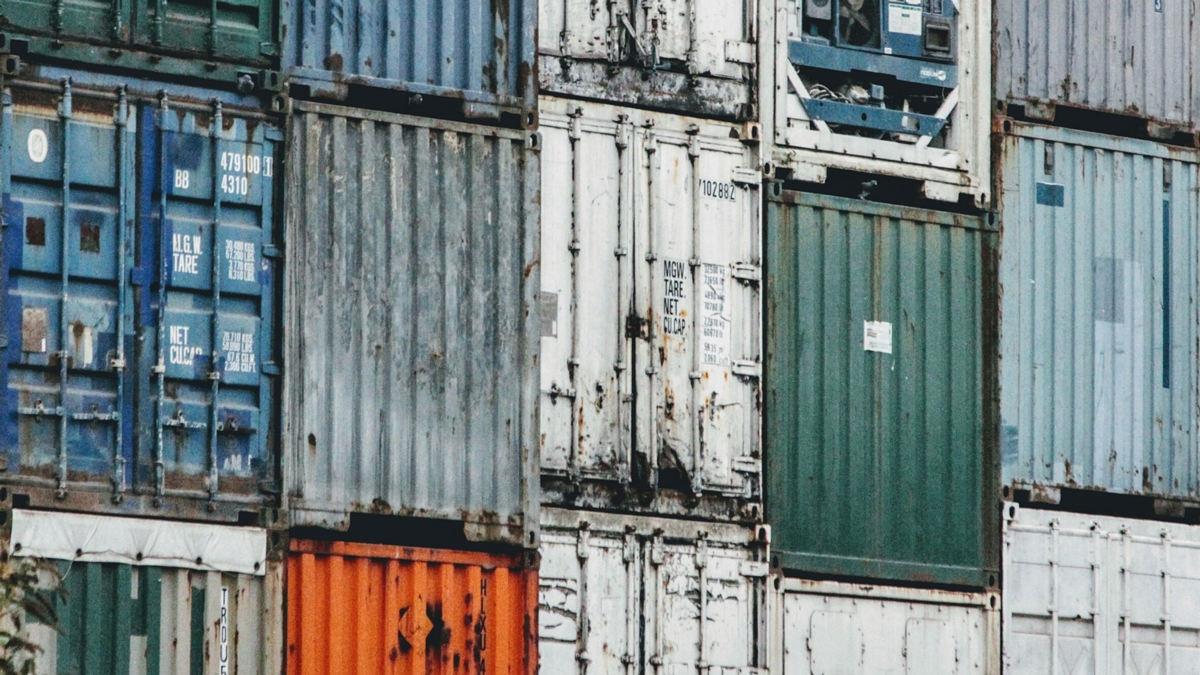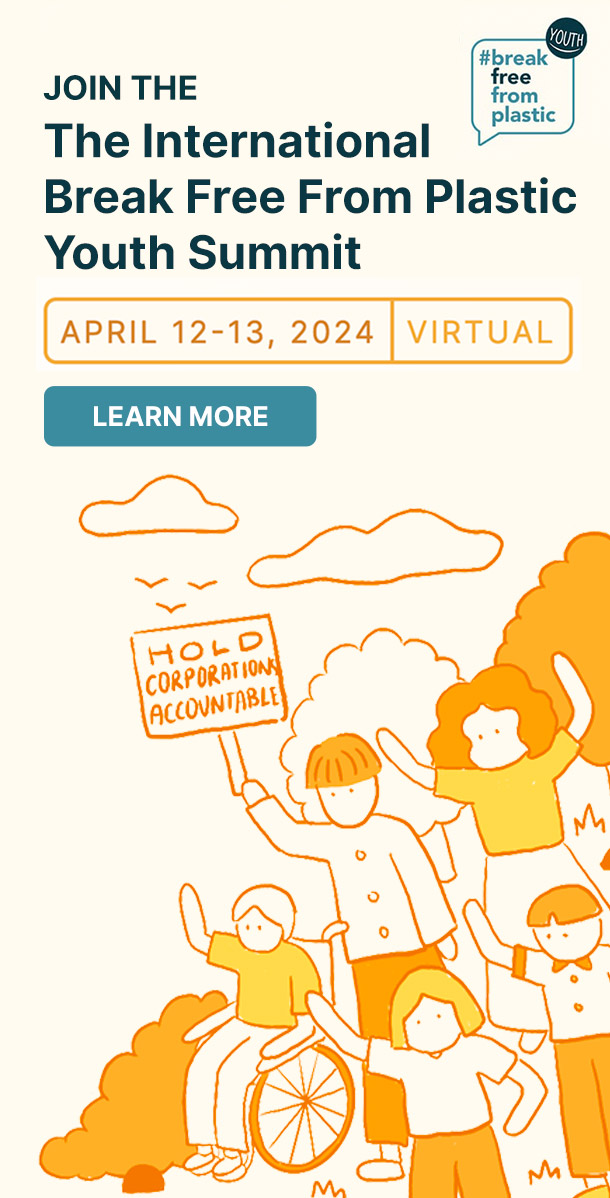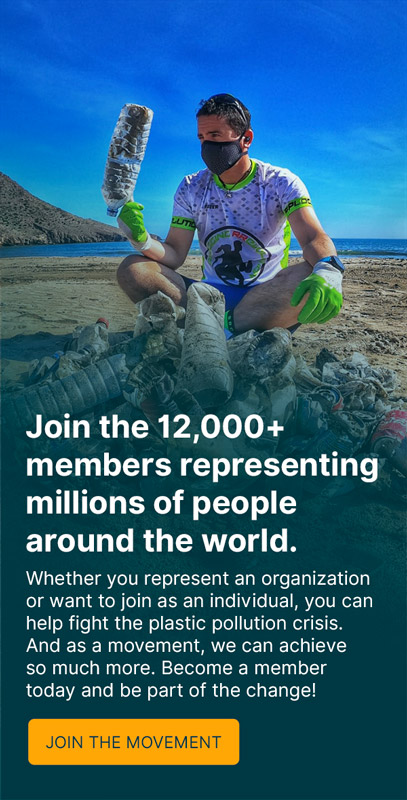Following China’s National Sword Programme, most of Aotearoa New Zealand’s (NZ) post-consumer plastics now go to Indonesia and Malaysia. In 2019, 40% of New Zealand’s ethylene went to Indonesia (15,000 tonnes) and just under 40% of our styrene went to Malaysia (16,000 tonnes). New Zealand also sends other plastic resins to a range of other countries, but these two countries are by far the most significant receiving countries overall.
In May this year, the NZ Government called for public submissions on a national response to the Basel Convention plastics amendments. This involves amending NZ’s Imports and Exports Order to include mixed plastic waste in NZ’s permitting system. The Government’s preferred option was for permits only for mixed plastic waste. They did not want to set contamination limits for either mixed or separated plastic waste.
New Zealand is not exempt from waste dumping (waste colonialism). Early last year, Indonesia sent five containers of contaminated plastics back to NZ – at Indonesia’s cost. Only two of the five containers have been located. It is suspected that the other three have either been illegally traded on to another developing country or otherwise disposed of.
The following NZ organisations made a submission urging the NZ Government to require permits and ambitious “contamination limits” for all bales of exported plastic waste (mixed and separated).
The submissions are currently under review. The submitting groups above organised a webinar on the 22nd June to amplify our message to the Government that NZ can no longer continue to pass the externalisation of the costs of our open-circuit plastics economy and weak waste management system onto developing countries.
The following individuals graciously accepted our request to present at the webinar:
- Sirine Rached: global policy advocate for the Global Alliance for Incinerator Alternatives (GAIA), Sirine supports robust regional and global policies and standards that combat plastics-related harms and pave the way for a just, local, and toxic-free zero-waste economy.
- Yuyun Ismawati: environmental health advocate involved in chemicals and waste convention negotiations. She represents Nexus3 Foundation and is a member of the Alliance for Zero Waste Indonesia.
- Heng Kiah Chun: Greenpeace Malaysia Campaigner who has been extensively involved in imported plastic waste investigations since 2018.
- Daru Setyo Rini: environmental biologist and Programme Manager of ECOTON Gresik East Java, Indonesia.
The panelists showed what waste colonialism looks like in South East Asia and explained why the Basel Convention has been amended to include new regulations on plastics trading.
It was particularly shocking to learn about the vast discrepancies between NZ’s plastics’ export figures and receiving countries’ import figures. The presenters revealed that NZ was not only responsible for exporting unrecyclable plastics; they may also be responsible for exporting contaminated paper scrap (e.g. bales contaminated with low value plastics) as has been the case with Australian exports to Indonesia. Our attendees also learned that South East Asian countries are beginning to ban and heavily restrict the import of plastic waste.
The webinar emphasised an urgency for NZ’s Waste Work Programme to plan for investment in the following:
- phasing out hard-to-recycle plastics (3,4, 6 and 7s)
- improving domestic collection, sorting systems, and onshore recycling
- building refill and reuse systems into current plans for a national container deposit scheme
- exporting only bales of single-resin, clean, and high value plastics (no mixed bales)
- setting ambitious contamination limits and requiring permits for all exported plastic bales and validating bales in NZ.
The video of the webinar and our submission can be found here: http://perc.ac.nz/wordpress/where-do-nzs-plastic-exports-go-stories-from-receiving-countries/
Many thanks again to all our presenters.
Arohanui
Dr Trisia Farrelly
Senior Lecturer │ Co-Director, PERC│Co-Founder NZPSC│Co-Founder APPA





